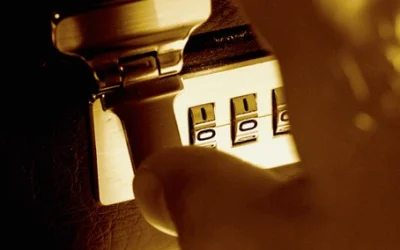Understanding the Three Forms of Field Sobriety Tests
When a police officer suspects a driver is driving impaired, the driver will be pulled over and may be asked to perform a number of field sobriety tests (FST). FST’s are used by officers to assist with assessing a driver’s level of impairment, specifically physical dexterity and mental acuity. Depending upon the driver’s performance, an officer may establish probable cause to arrest the driver for Driving Under the Influence. While drivers may refuse to take any or all FST’s in Nevada, the National Highway Traffic Safety Administration has established three standardized tests.
One Leg Stand
The One Leg Stand (OLS) is a divided attention test that requires a driver to do two tasks simultaneously. The driver will be directed to count while standing on one leg, with the other leg raised approximately six inches off of the ground. An officer will look for swaying, hopping, using arms for balance, or putting one foot down. These are considered signs of impairment.
Horizontal Gaze Nystagmus
The Horizontal Gaze Nystagmus test evaluates a driver’s nystagmus—involuntary jerking of the eye. An officer will hold a flashlight or pen in front of the driver, moving it horizontally. The officer will watch the driver’s eyes as the object is moved, looking for signs of exaggerated eye movement, such as twitching or jerking, which may be caused by alcohol consumption.
Walk and Turn
Another divided attention test, the Walk and Turn (WAT) requires a driver to walk along a straight line, heel-to-toe, for nine steps before turning around and walking to the starting point in the same manner. Signs of impairment include stopping, stepping out of the line, using arms for balance, and taking more or fewer than nine steps.
How Accurate Are Field Sobriety Tests?
A field sobriety test may establish probable cause for an arrest before using breathalyzers and blood tests. However, FST’s are controversial because other factors may impact the ability of the driver to perform the test successfully such as pre-existing medical conditions, the weather, and even an officer’s ability to administer the test effectively and impartially. This uncertainty prevents FST’s from accurately establishing impairment without supporting evidence.
Field sobriety tests in and of themselves cannot serve as definitive proof of a DUI offense without additional evidence such a blood, breath, or urine tests. If you have been arrested for Driving Under the Influence, it is important to know your rights. Karen A. Connolly is a DUI lawyer with decades of experience assisting drivers who have been arrested for DUIs in Nevada.
For assistance call the Law Offices of Karen A. Connolly, Ltd. today at (702) 678-6700 for a free consultation or complete our online intake form.




